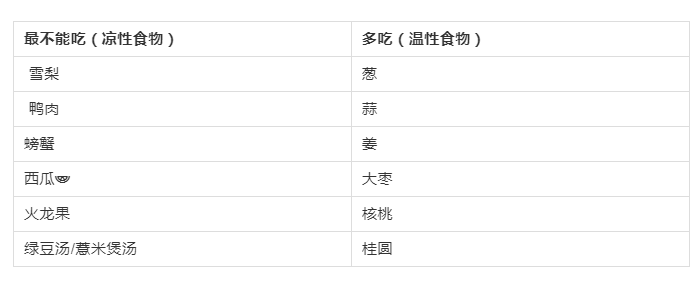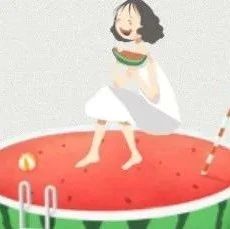Diarrhea, we have all experienced it, right? Especially in summer, diarrhea is more likely to occur, and many people take it for granted, thinking that it will be fine after a bout. But what you may not know is that diarrhea can be life-threatening!
How can something as simple as diarrhea lead to death?
Diarrhea, medically known as: shiguan (diarrhea). Many people think it is not a serious illness and do not pay attention to it. By the time it develops to the point where medical attention is needed, it is usually quite severe. In fact, diarrhea can easily cause significant loss of body fluids and electrolyte imbalance, and if water and electrolytes are not replenished in time, it can easily lead to dehydration, arrhythmias, or even shock and death. This is especially true for middle-aged and elderly individuals with chronic diseases, as diarrhea can trigger severe complications such as cardiovascular issues and hypoglycemia, potentially leading to death. In fact, “diarrhea” is not simple, as the saying goes, “disease enters through the mouth” and there are tips for prevention! Many people overlook the dangers of diarrhea, thinking that a little medication or an IV at the hospital will solve the problem, but if you think this way, you are mistaken!
How many misconceptions do you have about diarrhea?
1
Do you rely solely on anti-diarrheal medication? Most people’s first response to diarrhea is to take anti-diarrheal medication, but this is not advisable. Taking anti-diarrheal medication means that “toxic substances” in the body are retained, which can worsen damage to the intestinal environment and may lead to more severe diarrhea or even intestinal diseases.Generally, if diarrhea occurs less than three times a day, there is no need to rush to take anti-diarrheal or anti-inflammatory medications; it is better to drink more water, eat some porridge, and replenish with light salt water.
2
Do you take antibiotics for any diarrhea? There are many causes of diarrhea, such as: intestinal dysfunction, food poisoning, indigestion, lactose intolerance, etc. Taking antibiotics can kill both harmful and beneficial bacteria, which not only leads to the death of beneficial bacteria but also allows antibiotic-resistant bacteria to proliferate, disrupting the microbial environment and worsening the condition.If the condition is severe, it is recommended to go to the hospital for tests and follow medical advice for treatment.
3
Do you take no measures when diarrhea occurs? Diarrhea is a self-limiting disease that can heal on its own, but if ignored, it may lead to greater hidden dangers such as abdominal pain, headaches, or even muscle paralysis and respiratory failure.During diarrhea, one should balance “detoxification” and “stopping diarrhea.” For mild diarrhea, experts generally recommend increasing the intake of soluble dietary fiber. Additionally, one should not be careless when diarrhea is just starting to improve.Homemade oral rehydration solution: Mix one teaspoon (about 5 grams) of salt, eight teaspoons of sugar, and one liter of drinking water to make a salt-sugar solution.There are many causes of diarrhea, and your first reaction might be that you ate something bad, but if you find yourself having diarrhea every time you sit in a cold air-conditioned place, or whenever you eat fruit and drink cold beverages, it is not just a case of eating something bad; your body may be showing signs of pi xu (spleen deficiency) and shi sheng (excess dampness)! So if someone with a weak and cold spleen and stomach wants to avoid suffering more in summer, what should they avoid eating? And what should they eat more of?
To prevent diarrhea, the following points should also be noted:
- Pay attention to the cleanliness of kitchen utensils and tableware, regularly clean and disinfect the refrigerator; separate cutting tools and tableware for raw and cooked foods, and do not mix them;
- Food in the refrigerator should especially be kept separate for raw and cooked items to avoid contamination by bacteria that thrive in cold environments;
- Water products and seafood that do not meet hygiene standards are prone to bacterial or parasitic infections;
- Meat in the refrigerator should not be kept for more than two days, and vegetables should not be kept for more than five days;
- Food should be thoroughly cooked; do not consume unclean or spoiled fruits and vegetables, or expired water and food;
- Avoid the misuse of detoxifying or beauty products that contain herbal laxatives;
- Increase exercise to improve physical fitness and treat underlying diseases.
Recommended Reading





Source: Central Broadcasting Network Health
Editor: Wang Tuo
Reviewed by: Zhang Huiwen
Checked by: Wu Xiaoning
Supervised by: Liang Yuxin

